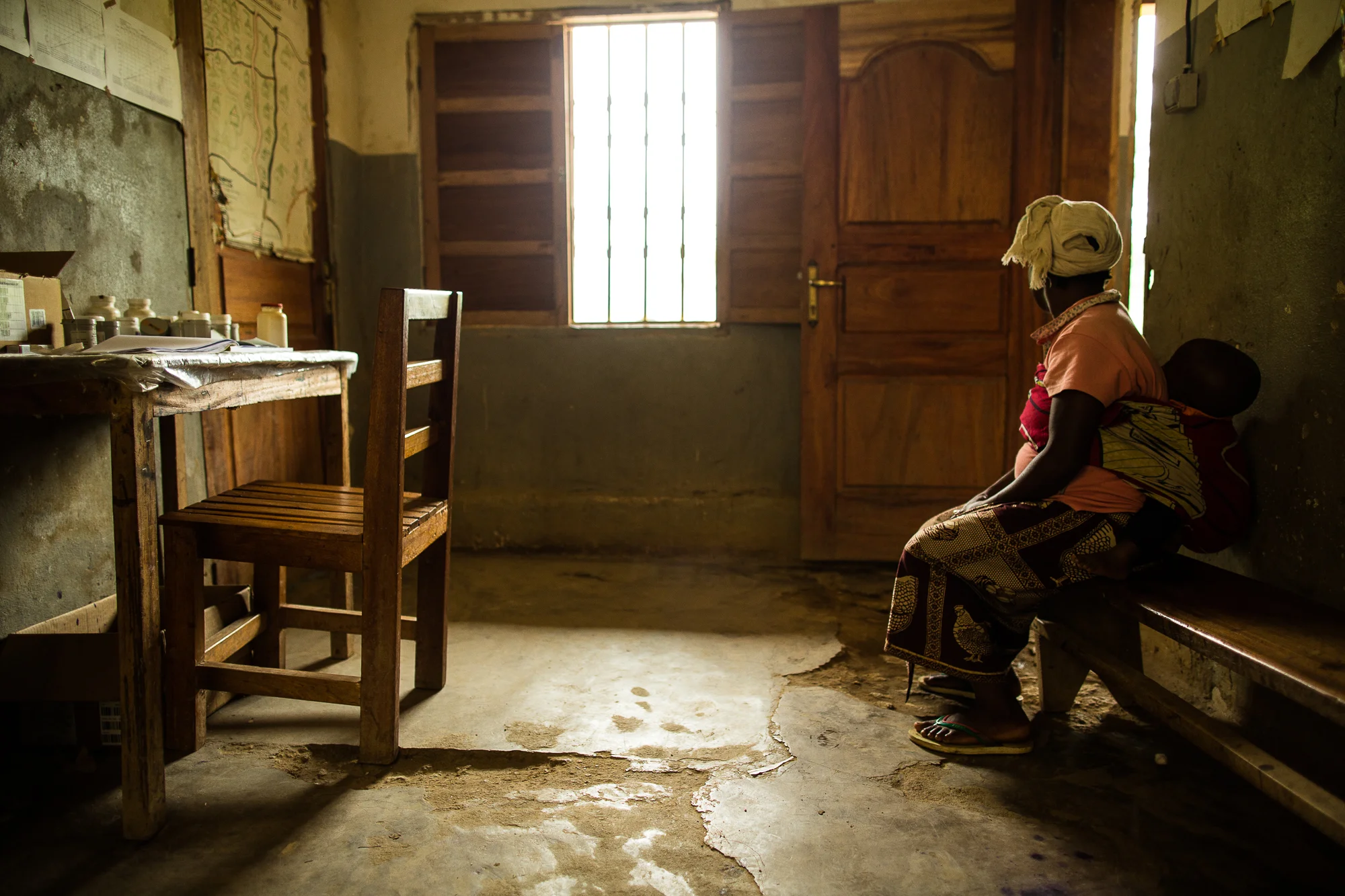“Susan” is 11 years old.
She lives in Bitobolo, a village of nearly 20,000 people in the South Kivu region of the Democratic Republic of the Congo, among a lush, rolling landscape on the side of a beautiful mountain. She is the youngest of 10 children.
One night in 2013, without Susan’s knowledge, a farm worker who was helping her father in the fields sought shelter at her family’s home. Susan woke to find him in her room.
“I shouted, ‘Mummy, there is someone here!’” Rushing in, her mother found the man undressed and on top of Susan, and called for help.
In the Democratic Republic of the Congo, such episodes are not uncommon.
The country has sustained years of civil conflict, and a culture of sexual violence against women has emerged. Rape victims and their families are often stigmatized. Perpetrators are seldom punished. Susan’s mother explains: “Perpetrators do not distinguish infants and girls, single or married women. I know at least 10 girls who have been raped in this village.”
After Susan was attacked, her mother took her to a clinic where she received medical care as part of a USAID program. The nurse who saw Susan said he treats at least five victims of sexual violence in the area each week.
But beyond the physical trauma she suffered, Susan also faced a terrible stigma. “There were a few girls who mocked her when she went to the river to fetch water, and this made her father and I cry,” says Susan’s mother. Other villagers told Susan that she was now the wife of her rapist.
Filled with bitterness and shame, Susan’s parents worried about how their daughter would ever recover.
The family reached out to the USAID program for help.
At the Community Resource Center where the program is based, the family learned that a child survivor of sexual violence needs support from her family in order to begin recovery.
“When a person is a victim of this kind of violence, her body may be affected, but so is her whole heart. Her whole heart is affected,” says the counselor. “When relatives and community members laugh at her, she begins to see herself as useless.”
Counselors at the center listen to victims, assess their needs and develop action plans. “We helped Susan regain her dignity and stopped the other girls from mocking her,” she explains. “We had conversations with her friends at school, and we met with her teacher. We helped to remove her fear, loss of self-esteem and her loneliness. And we involved her family in the whole process.”
For victims to overcome the stigma of sexual violence, their relatives must also learn to overcome the shame they may feel when a family member is raped.
“I learned that I must love my daughter, avoid discriminating against this child and integrate her with other children,” says Susan’s mother. “I learned that I am also indirectly a victim. The counselors let me know that this incident can happen to anyone. I learned to let go of my shame.”
Following the counselor’s advice, Susan also shed her shame. “The counselor told me that I should not listen to the people who provoked me. I should be brave.”
At the community center, Susan and her mother learned how to make baskets, which they now treat as a family business. “I love making baskets when I get home from school,” Susan says.
Using the extra income from their basket sales, Susan’s family can continue to support her education.
THE PURSUIT OF JUSTICE
While Susan and her family were on the road to recovery, they received encouraging news. Through the work of the American Bar Association, which provides legal assistance to affected families in eastern DRC as part of the USAID program, the farm worker that raped Susan was turned over to the local justice department and eventually locked up.
Knowing that her rapist was brought to justice has helped Susan recover. “I had no more fear because they brought him to jail,” she says.
Now that Susan has returned to regular life, her father would like to see her grow and succeed.
“My desire,” he says, “is to see my daughter go to school, reach university and have a job that will sustain her life.” Susan has similar ambitions. “If I get a diploma,” she says, “I want to be a nurse or doctor.”
Client: USAID
Client Website: stories.usaid.gov
Location: South Kivu, Democratic Republic of Congo
Music: Ryan Huff
Cinematographer: Morgana Wingard
Editor: Morgana Wingard / Raegan Hodge
Awards: 2015 Silver Davey Award, 2015 Addy Award






